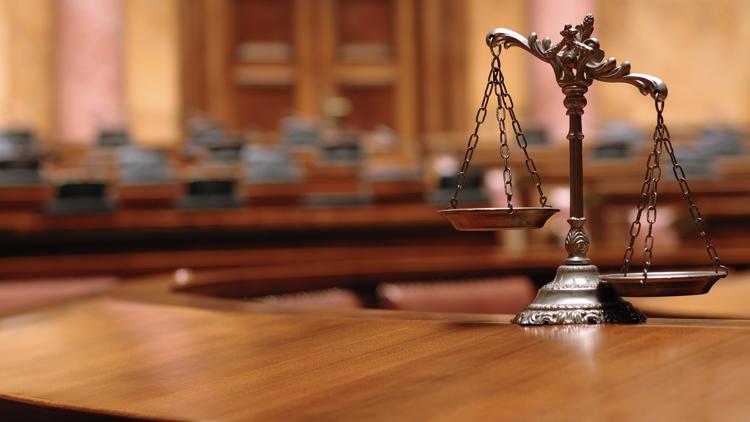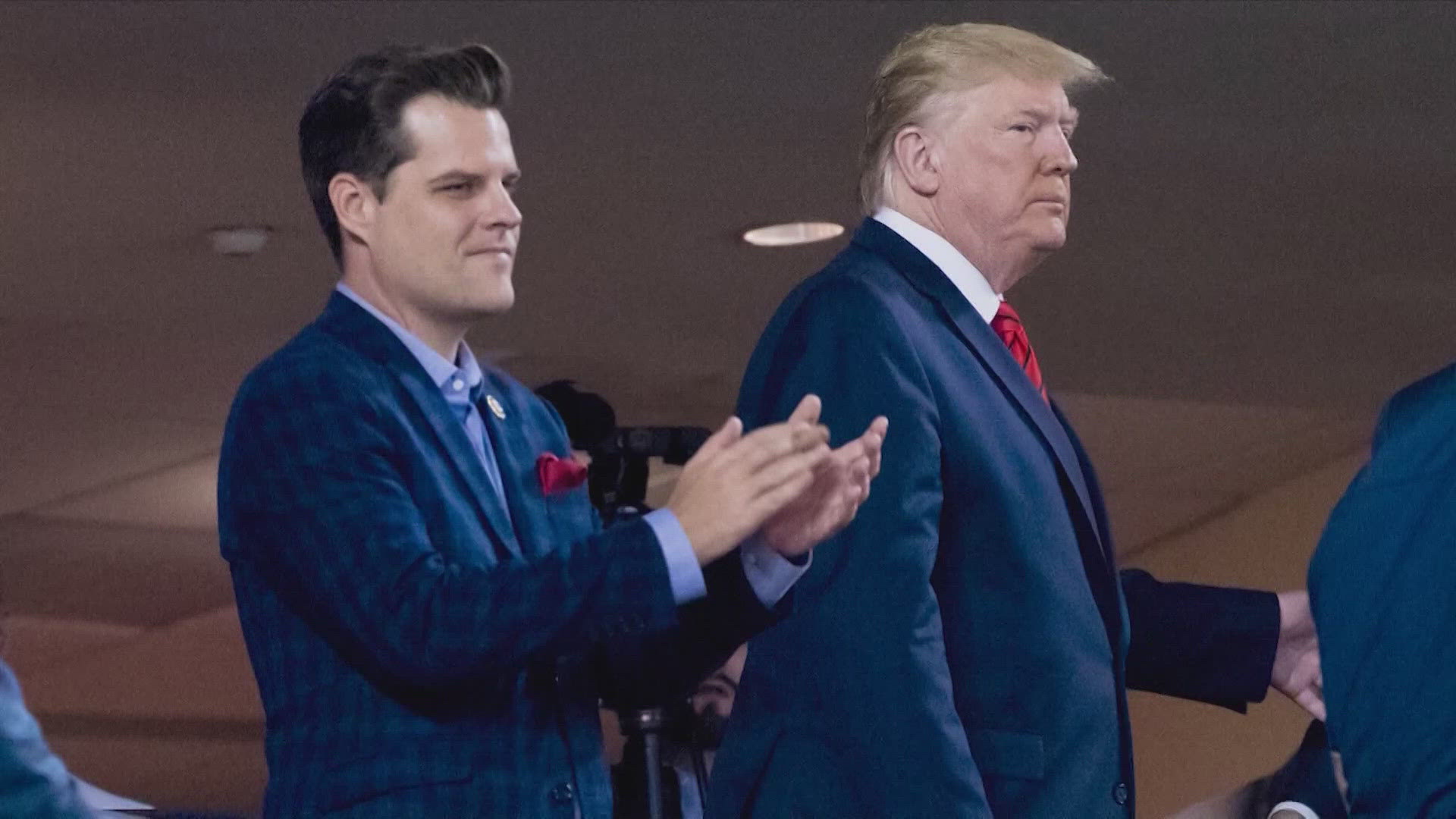TAMPA, Fla. — The trial of four activists accused of illegally acting as Russian agents to help the Kremlin sow political discord and interfere in U.S. elections is underway. The first day of the trial saw federal prosecutors call expert witnesses to establish the beginnings of the relationship between the defendants and a Russian organization.
The day began with a brief opening statement from Augustus Romain, who faces a charge of conspiracy to defraud the U.S. and is representing himself during the trial.
The other three defendants — Omali Yeshitela, Penny Hess and Jesse Nevel — who face the same conspiracy charge and failing to register with the Justice Department as agents of a foreign government, are represented by attorneys.
All have pleaded not guilty.
Romain introduced himself as a son of immigrants who came to the U.S. legally and gave him a compass to help others. Romain claims evidence will show government corruption, a waste of taxpayer dollars and an attack on freedom of speech.
Professor of Russian political history gives expert testimony
Federal prosecutors called Dr. Brian Taylor, a professor of political science at Syracuse University as its first witness.
Taylor, who has worked as an expert witness before with the Department of Justice, established the long-running and ever-evolving Russian intelligence agency, now called the Federal Security Service (FSB). Many may know it by another name, the KGB, which officially was dissolved when the Soviet Union fell in the early 1990s.
Prosecutors also had him give a broad overview of the adversarial relationship between Russia and the U.S., which took hold during the Cold War.
The DOJ established Taylor did not have any knowledge about the specifics of this case.
FBI digital forensics expert takes the stand
Prosecutors called their next witness, a Federal Bureau of Investigation Special Agent and digital forensic expert who helped make copies of and compile part of the estimated 20 terabytes of subpoenaed documents, which include emails, iCloud accounts and Facebook messages.
Like the expert witness before him, the special agent didn't examine the specifics of the case. Rather, his job, among other things, was to ensure the original digital copies remained intact, make accurate copies and compile them in a way the case agents could easily do a keyword search.
FBI case agent reads messages between defendants, Russian organization president
The third expert witness called by prosecutors was one of the case agents tasked with examining and compiling a detailed report and analysis of the subpoenaed data.
According to the agent, when asked during cross-examination, between 20-30 federal agents have worked on this specific case over the last three years, all at different times.
Prosecutors mainly focused on correspondence started in 2015 between Hess, largely on behalf of Yeshitela, and the president of the Anti-Governmental Movement of Russia (AGM), Alexander Ionov, along with his secretary.
The agent was asked to read out various Facebook message conversations between Hess and Ionov's secretary, along with sections of documents sent internally and to the public.
Prosecutors worked to establish the long-standing relationship between Yeshitela — and by extension the African People's Socialist Party and the Uhuru movement — and the AGM.
The featured evidence showed that Yeshitela was invited in May 2015 by the AGM to a conference in Russia, and all his expenses were paid. He was asked to speak, spread awareness and garner support for Black liberation.
Internal meeting notes after the trip appear to show Yeshitela having largely positive things to say about his interactions with AGM and other "Russian forces."
The defense was sure to point out that at no point did Ionov, his secretary, or anyone else blatantly order them to do anything or say they were Russian intelligence agents. At this time, neither Ionov nor his secretary have been proven to be said agents.
According to the defense, the AGM presented itself as a non-governmental agency whose values and goals closely aligned with those of the defendants.
And the relationship wasn't always smooth sailing.
In early 2016, the APSP organized a four-city tour to speak with UN delegates from Africa and present a petition that would recognize a U.S. genocide of Black people and a call for reparations.
Facebook and email conversations show Ionov and AGM encouraged the tour and even pledged to donate $12,000 to help APSP do the event.
However, the funds didn't come as promised. At first, the AGM asked if the tour could be postponed so Ionov could get the money to them. Hess said no, the timing of the delegations being present in the US meant it couldn't be pushed back.
A letter guaranteeing the funds was sent, promising the funds would be sent to reimburse the APSP's expenses.
Then came the back and forth between Hess and Ionov's secretary. She kept saying the funds were delayed, the account information was wrong and that the payment must be in installments. She also repeatedly pushed Hess for more and more details, photos and videos about the tour, all while pushing the funding further down the line.
The correspondence shown in court Wednesday ended with Hess confirming only a little more than $7,000 of the promised $12,000 was ever sent to the APSP from AGM.
Day 2 of the trial starts at 9 a.m. Thursday.
The Associated Press contributed to this report.



